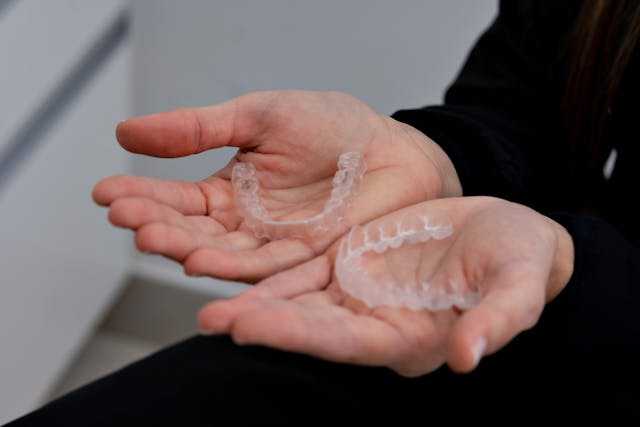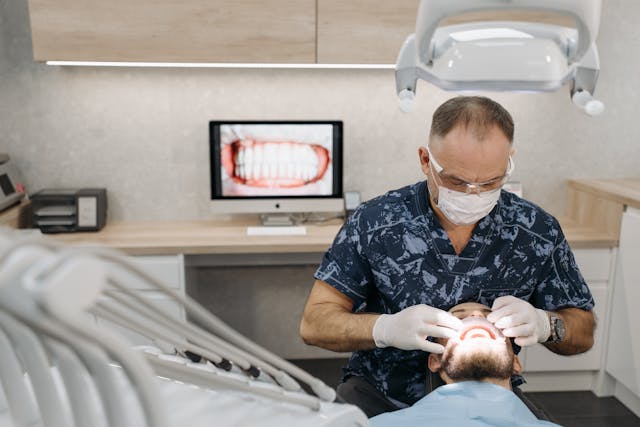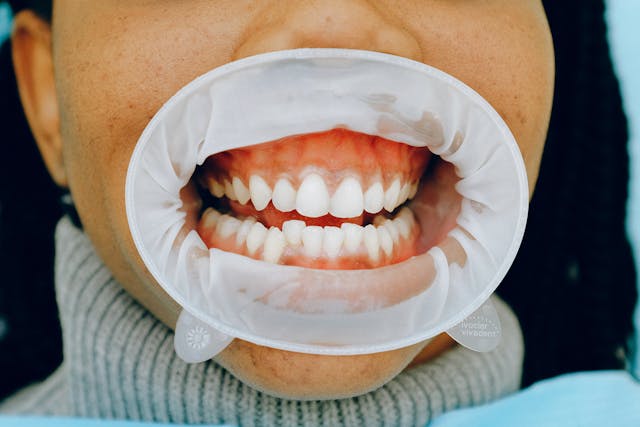Introduction
Understanding Dental Anxiety
Dental anxiety is a common experience for many people. It’s the feeling of fear or stress associated with visiting the dentist. This anxiety can range from mild discomfort to severe phobia, significantly impacting one’s oral health and overall well-being.
At Diamond Dental Care, there are several ways we can address most aesthetic issues, so we will conduct an examination, take x-rays, discuss the timeframe we are working with, and then present you and your parents with a variety of options to choose from. Since some have set time constraints, it is best to schedule your appointment with our office as soon as possible.
Since some have set time constraints, it is best to schedule your appointment with our office as soon as possible. You can do so by calling (909) 860-7579. You can also follow us on Facebook or provide your valuable feedback at Yelp. Thanks.
Importance of Addressing Dental Anxiety
Addressing dental anxiety is crucial because it can prevent individuals from seeking necessary dental care. Avoiding the dentist can lead to more severe dental issues down the line, making it essential to find ways to manage and overcome this anxiety.
Identifying the Causes of Dental Anxiety
Common Triggers
Dental anxiety can stem from various sources, including fear of pain, negative past experiences, or even the sounds and smells of a dental office. Identifying these triggers is the first step in managing anxiety.
Personal Experiences
Many people develop dental anxiety due to personal experiences, such as a traumatic dental visit in childhood or stories they’ve heard from others. Understanding your specific triggers can help tailor strategies to overcome your anxiety.
Recognizing Symptoms of Dental Anxiety
Physical Symptoms
Dental anxiety can manifest physically through symptoms like sweating, a racing heartbeat, or even nausea. Recognizing these symptoms can help you take proactive steps to manage your anxiety.
Emotional and Behavioral Symptoms
Emotional symptoms of dental anxiety include feelings of dread, panic, or an overwhelming urge to avoid dental appointments. Behavioral symptoms might involve postponing or canceling dental visits.

Preparing for Your Dental Visit
Scheduling and Timing
Scheduling your dental appointments at times when you are least likely to feel rushed or stressed can help reduce anxiety. Morning appointments can be beneficial as you have less time to build up anxiety throughout the day.
Communicating with Your Dentist
Open communication with your dentist about your anxiety is crucial. Dentists can provide tailored care and reassurance when they are aware of your concerns.
Creating a Comfortable Environment
The Role of Dental Offices
Modern dental offices are designed to be welcoming and soothing. Look for offices that offer a calm atmosphere, friendly staff, and amenities that make you feel comfortable.
For Diamond Bar Area: The Diamond Dental Care Approach
At The Diamond Dental Care, located at 303 South Diamond Bar Blvd, Ste 2C, Diamond Bar, CA 91765, the team focuses on creating a stress-free environment. From the moment you walk in, you’ll notice the warm, inviting atmosphere designed to put patients at ease.
Techniques for Reducing Anxiety
Breathing Exercises
Deep breathing exercises can help calm your nerves. Try inhaling slowly through your nose, holding your breath for a few seconds, and exhaling slowly through your mouth.
Progressive Muscle Relaxation
Progressive muscle relaxation involves tensing and then slowly relaxing different muscle groups. This technique can help reduce physical tension and promote relaxation.
Distraction Methods
Listening to Music or Audiobooks
Bringing headphones and listening to your favorite music or an engaging audiobook can distract you from the dental procedures and help ease your anxiety.
Visual Distractions
Some dental offices offer visual distractions like ceiling-mounted TVs or virtual reality headsets. These can provide a welcome diversion during your appointment.
Mindfulness and Meditation
Benefits of Mindfulness
Mindfulness can help you stay present and reduce anxiety. Practicing mindfulness can make dental visits more manageable by focusing on the present moment rather than worrying about the future.
Simple Meditation Practices
Simple meditation practices, such as focusing on your breath or repeating a calming mantra, can be effective in managing dental anxiety. Even a few minutes of meditation can make a significant difference.
The Importance of a Support System
Bringing a Friend or Family Member
Having a trusted friend or family member accompany you to your dental appointment can provide emotional support and help alleviate anxiety.
Seeking Professional Support
If your anxiety is severe, consider seeking help from a mental health professional. Cognitive-behavioral therapy (CBT) is particularly effective in treating dental anxiety.
Using Technology to Ease Anxiety
Virtual Reality
Some dental offices use virtual reality (VR) to help patients manage anxiety. VR can transport you to a calming environment, making the dental experience more pleasant.
Sedation Dentistry
For those with severe anxiety, sedation dentistry might be an option. This can range from mild sedatives to general anesthesia, depending on your needs and the complexity of the procedure.
Positive Reinforcement and Rewards
Rewarding Yourself Post-Visit
Rewarding yourself after a dental visit can create positive associations with dental care. Plan something enjoyable for after your appointment, like a treat or a fun activity.
Setting Small Goals
Set small, achievable goals for each dental visit. This can help build confidence and gradually reduce anxiety over time.
Understanding Your Treatment Options
Familiarizing Yourself with Procedures
Understanding what to expect during dental procedures can reduce anxiety. Ask your dentist to explain the steps involved in your treatment.
Asking Questions
Don’t hesitate to ask questions about your treatment. Knowing the details can demystify the process and make you feel more in control.
Communicating with Your Dental Team
The Importance of Honest Communication
Being open and honest with your dental team about your anxiety allows them to provide the best care possible. They can offer accommodations and reassurance tailored to your needs.
What to Discuss with Your Dentist
Discuss your anxiety triggers, past experiences, and any concerns you have about your treatment. This helps your dentist create a more comfortable and supportive environment.
The Role of Dental Hygienists and Assistants
How They Help Reduce Anxiety
Dental hygienists and assistants play a crucial role in making your visit comfortable. Their friendly demeanor and professional support can significantly ease anxiety.
Team Support at The Diamond Dental Care
At The Diamond Dental Care, the team, including Britney, Bryana, and Jason, is dedicated to providing compassionate care. Their focus is on building trusting relationships with patients to ensure a positive experience.
Conclusion
Overcoming dental anxiety is a journey that involves understanding your triggers, preparing for your visits, and utilizing various techniques to manage stress. By taking proactive steps and seeking support, you can make your dental visits a more comfortable and positive experience.
FAQs
What is Dental Anxiety?
Dental anxiety is the fear or stress associated with visiting the dentist, which can range from mild discomfort to severe phobia.
How Common is Dental Anxiety?
Dental anxiety is quite common, affecting a significant portion of the population. Many people experience some level of anxiety when visiting the dentist.
What Should I Tell My Dentist About My Anxiety?
It’s important to be open with your dentist about your anxiety. Discuss your specific fears, past experiences, and any concerns you have about your treatment.
Are There Medications to Help with Dental Anxiety?
Yes, there are medications that can help manage dental anxiety. Sedatives, anti-anxiety medications, and in some cases, general anesthesia can be used to ensure a comfortable experience.
How Can I Find a Dentist Who Understands My Anxiety?
Look for a dentist who has experience in treating patients with dental anxiety. Recommendations from friends, online reviews, and initial consultations can help you find a supportive dental care provider.



